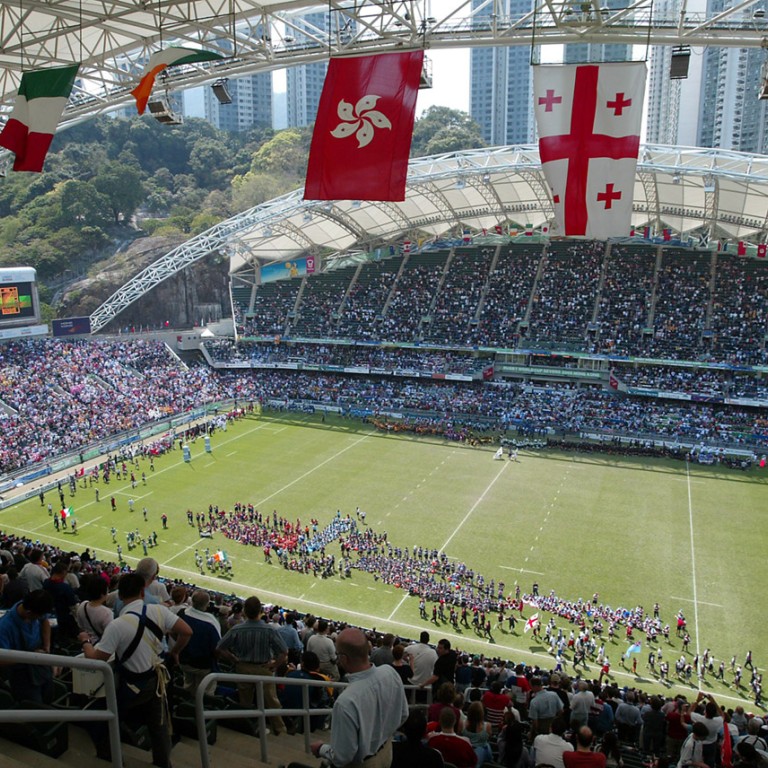
Slow going at old Kai Tak keeps World Cup dream grounded
Kai Tak stadium will not be ready before 2018, and that’s a crying shame. Otherwise Hong Kong would have been able to put on the Hong Kong Sevens and host the Rugby World Cup Sevens later that same year.
Kai Tak stadium will not be ready before 2018, and that’s a crying shame. Otherwise Hong Kong would have been able to put on the Hong Kong Sevens and host the Rugby World Cup Sevens later that same year.
The first would have been held in March as always, while the latter could have been played in June or July. What about the summer heat or the threat of typhoons? I hear the questions being raised immediately.
Well, as Trevor Gregory said, if the new 50,000-seater venue is as state-of-the-art as promised by the government, then it would be built to withstand the vagaries of the weather.
Kai Tak is supposed to come with a retractable roof which, apart from keeping out the rain, would also mean the temperature inside the stadium could be regulated.
Qatar is building stadiums for the 2022 soccer World Cup using advanced technology that will cool individual seats. In addition, organisers say the teams will be able play in air-conditioned comfort.
Hong Kong, too, could have something like that. But this is just conjecture. We will not have a stadium on the old airport site ready in time. And that’s a certainty of life in Hong Kong – like death, taxes and the polluted air we breathe.
It’s a real pity. Hong Kong would have been ideally placed to host the RWC Sevens for a record-breaking third time, adding to the 1997 and 2005 tournaments held here.
The International Rugby Board has called for tenders from unions interested in bidding for the 2018 RWC Sevens, as well as being part of the IRB Sevens World Series beginning with the 2015-16 season.
Hong Kong has thrown its name into the hat for both, but as Gregory pointed out the chances of getting the World Cup are slim simply because the existing stadium at So Kon Po cannot accommodate the 40 teams involved.
And holding a tournament at Hong Kong Stadium in July is suicide. We all saw what happened last summer when the Barclays Asia Trophy, involving teams from the English Premier League, was followed closely by Manchester United’s visit for an exhibition game. The pitch failed to hold up and Hong Kong was held in ridicule.
With the IRB insisting that the World Series and the World Cup have to be two different events entirely, we cannot also double up and play both in March as happened on the two previous occasions.
Hong Kong never had any intention of bidding for the World Cup, but Gregory says it has been done as an “insurance policy” in case the IRB decides not to pick Hong Kong as a stop on its global circuit – an unlikely circumstance, but Gregory and the HKRFU prefer to play it safe.
A record 25 unions have bid to hold a leg of the World Series and a dozen of them, including Hong Kong, have put their hands up for the World Cup, too.
Hong Kong and, perhaps, Dubai are the only two that can guarantee a full house and for the fans to stay in their seats until the Cup final is played.
It is very unlikely that the IRB would vote Hong Kong out of the picture. In fact, the Hong Kong Sevens is the tournament that most players and fans acknowledge to be the best on the circuit.
So the HKRFU’s “insurance policy” is probably redundant, but it would have been so nice to have been able to host the RWC Sevens as well. A pity the government hasn’t pulled their thumbs out yet.

